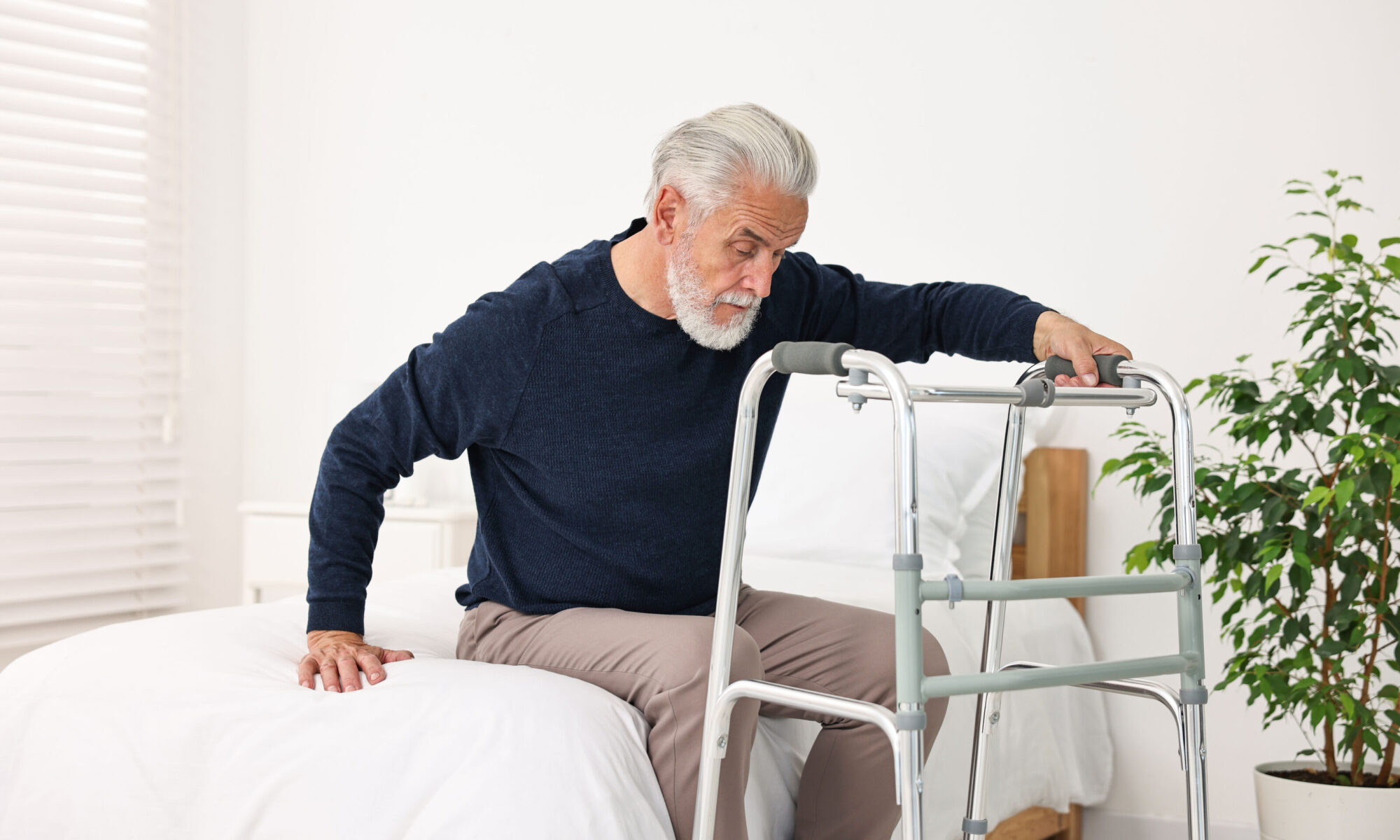
Table of Content
Caring for a senior loved one with limited mobility can be both rewarding and challenging. Whether it’s helping your loved one maintain independence or ensuring his or her safety, understanding his or her specific needs is crucial. Here are some practical tips to provide effective support while fostering your loved one’s physical and emotional wellbeing.
Create a Safe Living Environment
A safe and accessible living space is essential for someone with limited mobility. Start by identifying and removing potential hazards that could lead to accidents, such as loose rugs, cluttered walkways, or uneven flooring.
- Install safety features – Add grab bars in areas like the bathroom and staircases, and ensure handrails are sturdy.
- Provide nonslip surfaces – Use nonslip mats in high-risk areas, especially the shower and kitchen.
- Adjust the layout – Rearrange furniture to create wider pathways for wheelchairs or walkers. Move frequently used items to lower shelves for easier access.
Use Mobility Aids
The right mobility aids can make a significant difference in increasing comfort and independence. Speak with a healthcare professional to determine the best equipment suited to your loved one’s condition.
- Wheelchairs and scooters – For individuals with severe mobility limitations, these can help them stay active.
- Walkers and canes – These are ideal for those who may need support for balance.
- Transfer aids – Items like transfer boards, lifts, or belts can reduce strain on both you and your loved one during transitions, such as moving from a bed to a chair.
Ensure the equipment is adjusted correctly and regularly maintained for optimal safety and usability.
There are a variety of age-related health conditions that can make it more challenging for seniors to live independently. However, many of the challenges they face can be easier to address if their families opt for professional elderly home care. You can rely on expertly trained caregivers to keep your loved one safe and comfortable while aging in place.
Support Physical and Emotional Health
Limited mobility can lead to feelings of isolation or frustration. Supporting both physical and emotional wellbeing is essential for long-term happiness and quality of life.
- Stay active – Encourage low-impact activities like gentle stretching, swimming, or chair yoga. Physical therapy sessions can also be beneficial.
- Engage socially – Help your loved one maintain social connections by arranging visits or setting up video calls with family and friends.
- Practice patience – Limited mobility can be frustrating, so offer emotional support through understanding and encouragement.
A trained caregiver with experience in caring for seniors with mobility limitations can be a fantastic resource for family members. Annapolis home care service experts are available to provide high-quality care to seniors on an as-needed basis. From assistance with mobility and exercise to providing transportation to the doctor’s office and social events, there are a variety of ways professional caregivers can help your aging loved one continue to live independently.
Learn Proper Techniques
Providing physical assistance requires knowing how to do so safely for both you and your loved one. Improper lifting or movements can result in injuries.
- Use proper body mechanics – When helping your loved one move, bend at your knees instead of your back, and keep his or her weight close to you.
- Invest in training – Consult a physical therapist or caregiver training program to learn safe transfer and mobility techniques.
- Encourage your loved one’s efforts – Whenever possible, allow your loved one to participate actively in movements to maintain strength and confidence.
Establish a Daily Routine
Consistency can provide comfort and reduce stress for individuals with limited mobility. Having a steady routine promotes a sense of stability and independence.
- Set daily schedules – Plan meals, physical therapy exercises, and personal care activities at the same time each day.
- Prepare in advance – Organize clothing, medications, and other essentials to minimize unnecessary effort or confusion.
- Adapt as needed – Be flexible and adjust routines to suit changing needs or preferences.
Living independently is important for seniors who want to maintain a high quality of life. For some, this simply means receiving help with tasks that have become more challenging to manage over time. Even when families have the best intentions, they may not have the time to provide the care their elderly loved ones need and deserve. If your loved one needs help for a few hours a day or a few days a week, reach out to Assisting Hands Home Care, a trusted provider of respite care Annapolis seniors can depend on. For reliable in-home care services, contact us today.
